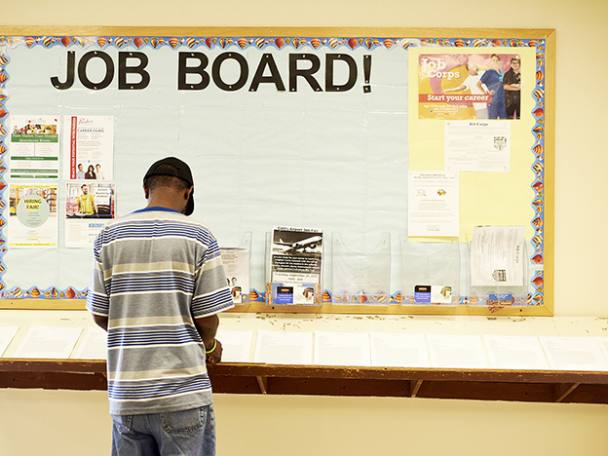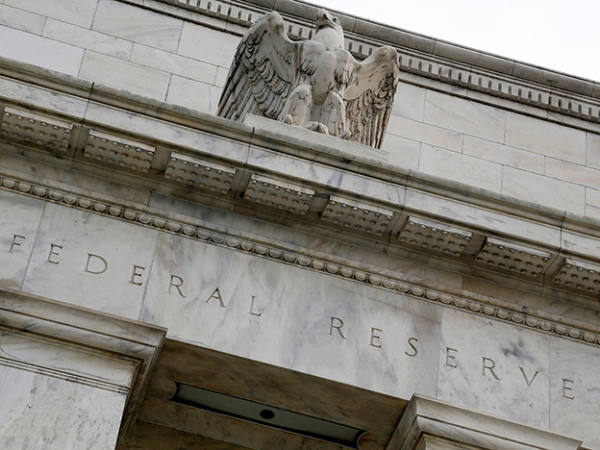It’s trivial that the lockdown will force many companies out of business. But this is only half the story.
A survey by the Federation of Small Businesses last week found that one-third of the 40 per cent of small companies that have closed during the lockdown are unsure whether they’ll reopen. What’s remarkable, though, is just how low this number is.
Even in normal times huge numbers of businesses close. The Office for National (ONS) Statistics estimates that, between 2013 and 2018, an average of 10.6 per cent of companies shut down each year. And a study by Michael Anyadike-Danes and Mark Hart at Aston Business School has found that of the 239,000 companies that started in 1998, only 10 per cent survived for the following 15 years. And, they found, even these survivors have a 10 per cent chance of failing each subsequent year.
Yes, the rate of business failures will increase this year. But it will do so from a high base.
You might wonder: if so many businesses fail, why did unemployment fall so much before the lockdown?
Simple. The rate of business start-ups has been even higher than the failure rate. The ONS estimates that an average of 376,000 companies started up each year between 2013 and 2018. That’s equivalent to around one-in-eight of all companies each year.
This is why I say concern about business failures is only half the story. Economic growth is, as Joseph Schumpeter famously said, a process of creative destruction. It’s important for the government to think about how to prevent destruction. But it must also promote creation.
One reason it must do so is simply that a wave of business failures will increase the monopoly power of the survivors. While this might be good news for equity investors – as the survivors will be disproportionately larger, cash-rich companies that are more likely to be listed – it’s not so good for customers or workers.
Also, business failures are not a great problem in normal times when workers can move to jobs at new or expanding companies. If start-ups are low, however, failures are more likely to mean unemployment. That’s a waste of resources.
It’s in this context that we should worry about scarring. This crisis – even more than other ones – could deter future start-ups. Why get into big debt to set up a company if it will have to close through no fault of your own?
It’s important that the government acts to minimise this scarring effect. This is an underrated justification for support for existing businesses. The virtue of doing so is not just to protect these, but to signal to future entrepreneurs that the government will help them if we need another lockdown.
What else might the government do? You might think one obvious possibility is to run the economy 'hot' – to keep interest rates down and delay austerity. While this is a good idea on other grounds, it is not sufficient simply because business start-ups are not hugely cyclical. From 2007 to 2009 – one of the biggest slumps on record before this year – the start-up rate fell only from 12.4 to 10 per cent.
This suggests a case for other measures, such as ensuring that new companies get access to finance or perhaps favourable terms on business rates and rent.
Ensuring a healthy post-lockdown economy requires more than protecting today’s businesses and getting macroeconomic policy right. It also requires that tomorrow’s entrepreneurs be encouraged as much as possible.











